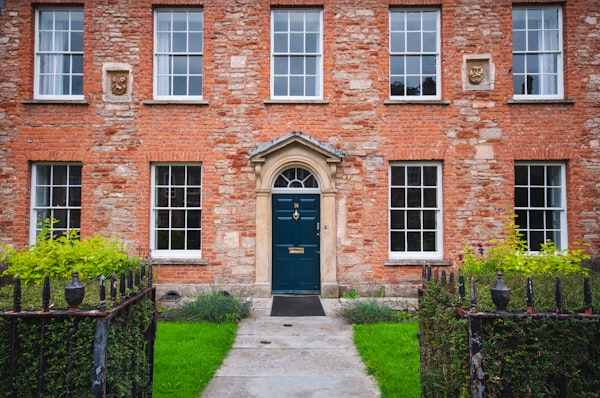First year learnings from starting an agency
Probably the biggest change over the past 12 months has been in trying to align our ideal client profile to our strategy.

The plan for year 1 of Skysoclear was simple: Get through year 1! Most startups fail as they say, but suffice to say we're still here. We have some money in the bank, but more importantly, we've gained a tonne of learnings.
Based on some of this journey, I've decided to scale back a bit over this summer to investigate, research, and update our plans as we move into year 2. Some would regard that as quite a strange decision, but not for us. This is year 1 of a 10 year plan afterall.
To share what our initial plan for year 1 was, let's dial back 12 months. We wanted to:
- grow from 1 client to 10
- hire 2 producers to project manage, enabling me to focus on sales and marketing
- gain at least 2 Webflow projects complete (so we can go to Webflow Conf with some credibility!)
- ...and meet some monthly sales targets
How did we do? We came close:
- grew from 1 client to 4
- hired 1 producer
- gained some projects, but no Webflow ones (and we won't go to the upcoming conference)
- ...and met some of our monthly sales targets
What should've been on that plan was 'to learn,' so what were the three key learnings?
1. Our customer changed (from startups to enterprise)
Probably the biggest change over the past 12 months has been in trying to align our ideal client profile to our strategy. I'm adamant that we want to create a large business, and whilst that hasn't changed, we found we were attracting small clients, working with tiny budgets and basically competing with freelancers.
We also realised that we were delivering enterprise-grade services to startups who often thought we were being difficult! They wanted 'outsourcing' and we only know 'collaboration'. That wasn't a winning move and it took me 12 months to gain that realisation.
Our ideal client to match with our strategy is actually a large enterprise business. It's where my background has been in and where our key service plays best. I'm now targeting the FTSE500 moving into year 2, which changes what we do and how we communicate that.
2. Our services changed (from marketing to product)
When we launched, I talked to a number of influencers and mentors on what space we should be in. The choice I shared was between:
- no-code
- design sprints
No-code was gaining in popularity and was demonstrating how design and development were converging. We would jump on the zeitgeist and that was exciting! It feels like a natural evolution of the web. It would be a growth area for us, and we started selling and delivering a few no-code projects.
Unfortunately, I had fundamentally misunderstood the opportunity. I was getting confused with marketing and product! No-code right now is fantastic as a better, faster, cheaper marketing design service, but not a product service. We are a digital product company and whilst no-code (and wider AI) will play a part in what we do, we need to remember that.
The second option was to have a design sprint focus. That would play to my previous strengths having run over 200 design sprints, so I knew what it would look like. The problem was that I had neglected it for two years and had run out enthusiasm for it, and what 'growth' would I have going back to something I used to do? Yes, we could dominate, but again, I couldn't see it helping us create a large agency.
So we focused on no-code, starting running paid advertising and gaining a small handful of clients. All the while, we were still winning and taking on product design work through connections and small opportunities I would find.
So our renewed focus is around digital product strategy, design and UX research and we should obsess about that rather than spreading ourselves to thin. Growth can still happen from a familiar starting point.
3. Our marketing strategy changed (from paid to brand)
This learning took us by surprise! We were under a year old, nobody knew who we were, so we knew we had to advertise and we would have to pay. Money was set aside and through a recommendation, we signed up with a Google advertising agency.
Sidenote: One of the other businesses in our co-work used this agency and was constantly on phone-calls! That told me this would be a sure thing and we should absolutely 'trust the process.' How wrong I was!
We were advised to start with Google ads initially. We didn't know it at the time, but for what we do, enterprise companies don't search! It's not part of their journey. So after a few months and one dud lead, we called the experiment a failure.
What wasn't a failure was the sales training we received that we're using to this day, so there was something positive to come out of it. You've got to spend money to make money, but in a way, also spend money to save money (from the learnings).
Fundamentally, we didn't build the right sales machine - but that wasn't the focus of year 1 at any rate and it's becoming the focus of year 2. I'll try and share what the plan is going forwards once we've planned it.




